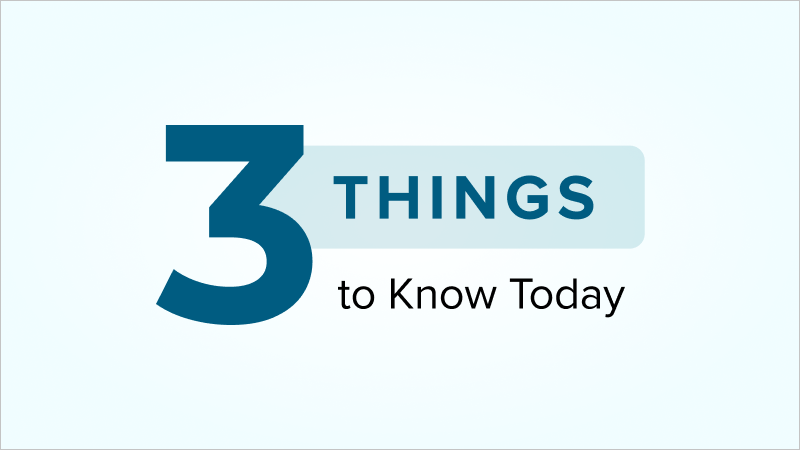

Monkeypox Cases Escalate, but Clinicians Don’t Need to Worry, According to Experts
US clinicians do not need to start worrying about monkeypox just yet, despite global fatalities reported this past week, according to public health experts.
Cases rise, hospitalization remains low: As of July 29, there were 5189 Centers for Disease Control and Prevention–confirmed cases in the United States, but monkeypox remains generally self-limiting and nonthreatening in otherwise healthy people.
“I think that when you have tens of thousands of cases worldwide, that there are going to be some cases that are fatal,” said Amesh Adalja, MD, a senior scholar at the Johns Hopkins University Center for Health Security.
Red flags: Factors linked to fatalities include underlying medical conditions and immunosuppression. Complications to be on the lookout for include clouding of sensorium, mental status changes, change in cognition, and unremitting pain or fever.

Six Specialties Attracting the Highest Private Equity Acquisitions
The number of physicians working in private equity–acquired practices is highest among dermatology, gastroenterology, urology, ophthalmology, obstetrics and gynecology, and orthopedic specialties, new research finds.
Similarities among specialties: The six specialties offer diverse revenue streams, including commercially insured individuals, Medicare insurance, and self-pay.
Scale and scope: Those specialties also allow for growth. An aging population, for example, increases demand for services like skin biopsies, cataracts, and colonoscopies. An increasing demand for fertility clinics has also attracted private equity investment interest.
Potential downside: “Localized consolidation in certain markets has the potential for competition to reduce, [and] reduced competition has been shown in a variety of settings to be associated with increases in prices and reduced access for patients,” said co-author of the study, Yashaswini Singh, MPA.

How Much Are Patients Actually Using Mental Health Apps? Good Question
New research suggests that four US Food and Drug Administration–cleared mental health apps fall short to deliver on real-world efficacy but rather tout “engagement,” according to STAT .
Variety of treatment: Treatments include video-game based treatment for ADHD and apps for treatment of substance use disorder, opioid use disorder, and insomnia.
Highly marketed: The products must be prescribed by doctors and are currently being heavily advertised by their creators, Akili Interactive and Pear Therapeutics.
Failed measures: The study found that engagement methods used by the companies to be flawed. Instead of measuring how the games were engaged with, or improved scores over time, Akili’s EndeavorRx said that there was 83% engagement when participants were asked to complete 100 missions of the game; the average number of completed missions was 83.
Authors of the study say the findings highlight an opportunity to fix the evidence gap. Currently, there is no clear consensus on what compelling research for digital therapeutic products looks like.
Kaitlin Edwards is a staff medical editor based in New York City. You can follow her on Twitter @kaitmedwards. For more news, follow Medscape on Facebook, Twitter, Instagram, and YouTube.
Source: Read Full Article
